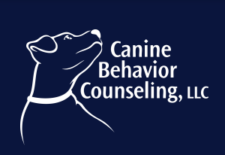Twice yesterday, while working with clients, I was asked the same question: ‘When can I stop rewarding my dog?’
It’s a common question, and one I always appreciate because it opens the door for a needed conversation. Rather than giving a quick answer, I encourage people to pause and reflect on the nature of their relationship with their dog. This question isn’t just about treats or training—it’s about connection, trust, and communication.
I helped them think of rewards not as bribes or obligations, but as a way of saying “thank you” to their dog. When we shift our perspective in this way, rewarding becomes less about ‘when can I stop?’ and more about recognizing the effort our dogs offer in compliance, as our dogs learn and mature.
What motivates your dog?
Of course, the task or behavior plays a huge role. If the behavior has become second nature to the dog and one they find easy and enjoyable, the need for frequent reinforcement may decrease. Example: When I call my dogs in at 7 am, they are happy to comply as they know breakfast will be served soon. In this example, a simple “good dogs” spoken in a happy tone with a smile, works well.
But not all dogs are food motivated, so we also have to consider the individual dog’s motivation and what truly matters to them. For some, a simple smile, scratch or kind word might be enough. For others, a high-value treat or a game of tug could be needed as the dog gave up what was really important to him.
For me, the answer lies in maintaining a positive relationship where communication and appreciation flow back and forth. Maybe, rather than asking ‘when can I stop rewarding my dog’, try asking: “How can I continue showing my appreciation in ways that are meaningful to my dog?” This keeps the behaviors we find important, consistently being performed, and your dog feeling appreciated!
Thank you for being here!


